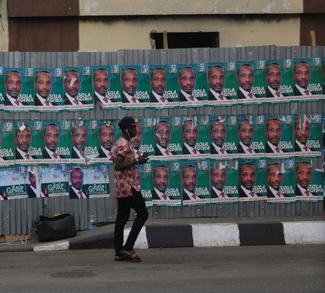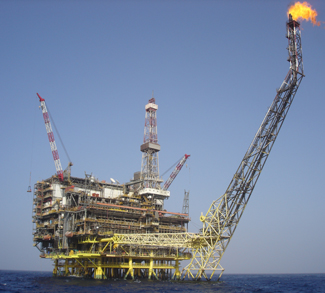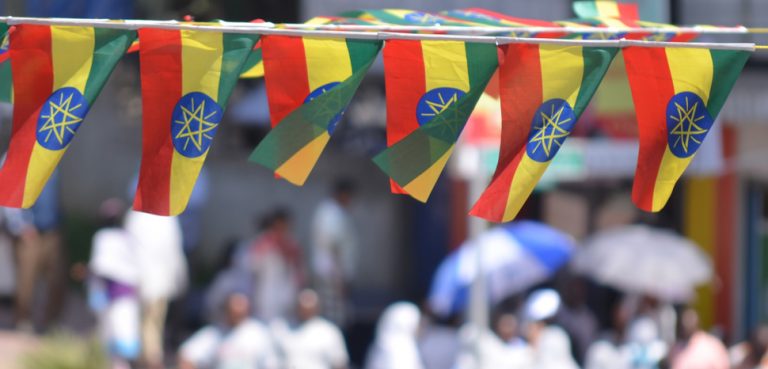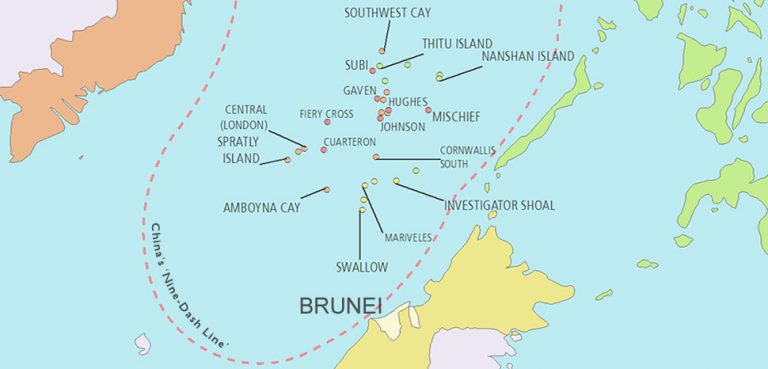Summary
Stagnant economic growth, flagging demand for crude oil, and an increase in alternative supply sources such as US shale gas have led to a growing mismatch between supply and demand in global energy markets. These factors have been accentuated by both geopolitical instability and OPEC’s decision not to cut output in November 2014, resulting in a free-fall in the price of oil. Oil prices hit a six-year low in early to mid-January 2015 and at time of writing, Crude Oil WTI closed at $49.37 (March 6, 2015). Though cheap oil has the potential to fuel greater economic growth in some corners of the world, it could have profoundly destabilizing effects in others. In this five part series, Geopoliticalmonitor.com examines how cheap oil is a threat to certain regimes and economies, even the global order itself. Part four focuses on Nigeria.
Background
Nigeria is the largest oil producer in Africa and the continent’s most populous nation. It is also the largest African economy in terms of GDP. OPEC states that Nigeria has proven crude oil reserves of around 37 billion barrels, mostly in the Niger Delta where the security situation has been volatile. Current production stands at approximately two million barrels of oil a day. The oil and gas sector accounts for about 35% of GDP, with petroleum exports representing over 90% of total export revenue.
Crude exports account for about 70-80% of government income and the nation’s “rainy day” oil savings fund, the Excess Crude Account, has dropped from $21 billion in 2008 to about $3 billion today. Due to corruption, or “leakage,” the country’s Sovereign Wealth Fund – intended as a fallback for times when oil prices drop – is worth only $8 billion.
Nigeria is a case study of a state suffering from Dutch Disease. Despite having the highest GDP in Africa and a booming oil industry, poverty is widespread. The most recent national poverty data from the Nigerian statistics agency, published in 2012, revealed that 61% of Nigeria’s 173.6 million people were living on less than $1.25 a day in 2010. Mismanagement and corruption have plagued the Nigerian oil industry since the discovery of oil in 1956. Nigeria was listed at 144th out of 177 countries on Transparency International’s Corruption Perception Index last year and it is estimated that, because of corruption, only 2% of the population benefits from as much as 70% of the country’s oil revenues.
The global collapse in the price of oil and the deteriorating security situation could not have come at a worse time for the administration of President Goodluck Jonathan, who is seeking a second term in this year’s presidential elections. The elections were set for 14 February but have since been postponed for six weeks – until 28 March – amid “security concerns.” The upcoming ballot pits the ruling People’s Democratic Party (PDP), which has led Nigeria without real opposition since the end of military rule in 1999, against the two-year-old All Progressives Congress (APC).
Naira Under Pressure
Oil prices and political instability have punished the naira, causing it to lose 20% of its value since July 2014. In November 2014, the Nigerian Central Bank devalued the naira by approximately 10% and raised the benchmark interest rate to 13%. According to The Financial Times, the central bank “pegged the value of the naira at a midpoint of N168 to the US dollar, 8.4% lower than the rate of N155 to the dollar adopted in 2011.”




